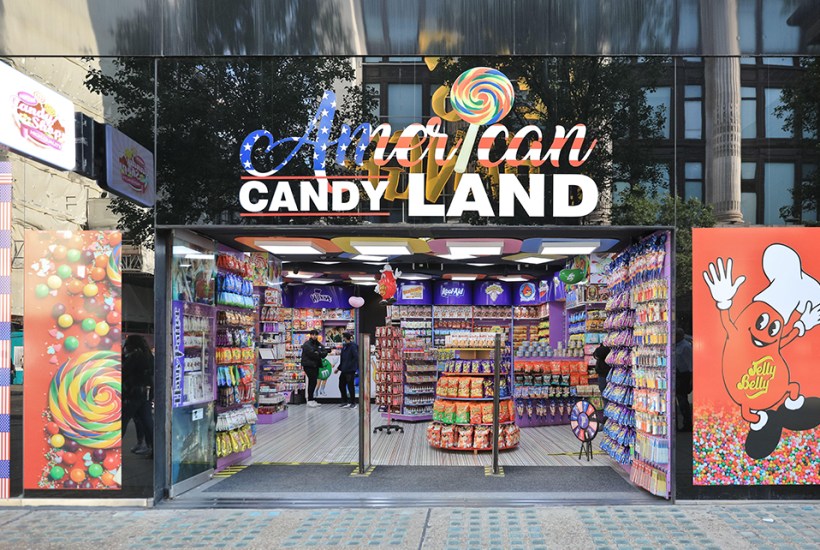Should US regulators ban short-selling of bank stocks? That’s a hot topic as investors refuse to accept reassurance from the Fed chairman Jerome Powell that the recent banking crisis-that-wasn’t is over. Following JPMorgan’s rescue of First Republic, shares in other regional banks such as PacWest in Los Angeles, Western Alliance (Phoenix) and First Horizon (Memphis) have fluctuated wildly and fingers have pointed at short-sellers – who borrow shares they think are about to fall in order to sell, buy back cheaper and pocket a profit.
Already a subscriber? Log in
Subscribe for just $2 a week
Try a month of The Spectator Australia absolutely free and without commitment. Not only that but – if you choose to continue – you’ll pay just $2 a week for your first year.
- Unlimited access to spectator.com.au and app
- The weekly edition on the Spectator Australia app
- Spectator podcasts and newsletters
- Full access to spectator.co.uk
Unlock this article
You might disagree with half of it, but you’ll enjoy reading all of it. Try your first month for free, then just $2 a week for the remainder of your first year.









Comments
Don't miss out
Join the conversation with other Spectator Australia readers. Subscribe to leave a comment.
SUBSCRIBEAlready a subscriber? Log in